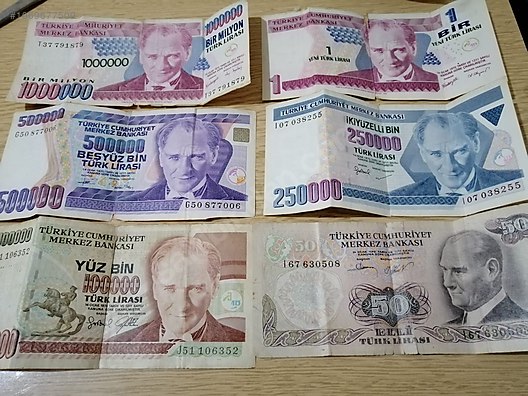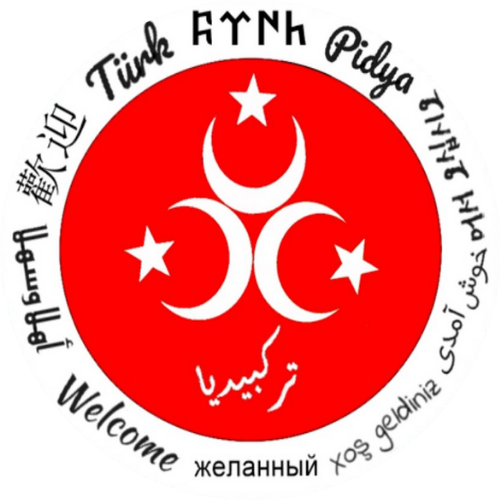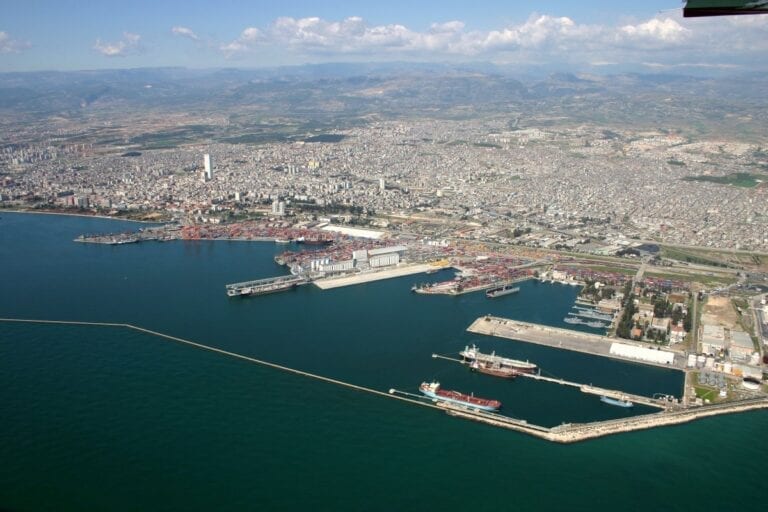How to Buy Turkish Lira Online – A Collector’s Complete Guide
Table of Contents
Here’s a reality check most new collectors miss: modern Turkish lira banknotes are still affordable, widely available online, and packed with history—but only if you know what you’re buying and who you’re buying from.
This guide is written for currency collectors who want clear, current, no‑nonsense information. You’ll learn how Turkish lira banknotes and coins evolved, what’s collectible today, and how to buy them online without getting burned.

A Brief History of Turkish Lira
The Turkish lira’s story starts well before the modern Republic. For collectors, understanding these transitions explains why so many distinct and fascinating issues exist.
The lira was formally introduced in the Ottoman Empire in 1844, divided into 100 kuruş. Ottoman lira notes and coins circulated until 1927, when the young Republic fully replaced them.
Modern Turkish lira banknotes were first issued after the founding of the Republic. Since then, multiple redesigns, inflationary periods, and a major redenomination have created clearly defined collecting eras.
- Ottoman lira: pre‑Republic, highly collectible
- Republic-era lira: multiple emissions and portraits
- Inflation-era notes: high face values, short circulation lives
- Post‑redenomination lira: today’s currency
For collectors, this means you may encounter Ottoman issues, early Republic notes, inflation-era banknotes, and modern lira—all under the same currency name.
Key reform collectors should know: the Turkish Grand National Assembly passed a law removing six zeros from the currency. On January 1, 2005, one new lira replaced one million old lira. Between 2005 and 2008, the currency was officially called the “New Turkish Lira” (YTL). In 2009, the word “new” was dropped, returning to “Turkish lira” (TL).

Who Prints Turkish Liras?
The sovereign right to issue banknotes belongs to the Turkish Grand National Assembly. That authority is permanently delegated to the Central Bank of the Republic of Türkiye (CBRT).
All Turkish lira banknotes are designed, printed, and issued domestically at the CBRT Banknote Printing Plant.
Türkiye is one of the few countries whose central bank operates its own banknote printing facility.
The CBRT also determines how many banknotes are put into circulation, making it the sole authority for Turkish paper money.
Turkish Lira Banknote Printing Process
Banknote production is handled by the CBRT’s Issue Department and Banknote Printing Plant.
- Designing artwork and cultural elements
- Preparing plates, secure paper, and inks
- Printing designs, serial numbers, and security features
- Strict quality control and destruction of flawed notes
- Cutting, bundling, and nationwide distribution
For collectors, this explains why Turkish banknotes have consistent print quality and advanced security features—even on lower denominations.
Turkish Lira Coins Minting Process
Coins are produced by the General Directorate of Mint and Stamp Printing House, known locally as Darphane.
- Legal authorization and technical design
- Modern minting equipment for circulation and commemoratives
- Design updates during monetary reforms
Collectors should note that coins issued during the 2005 redenomination differ clearly from those introduced after the “New” inscription was removed.
Choosing Between Banknotes and Coins
Your first real decision is focus. Turkish lira can be collected as banknotes, coins, or both.
Banknotes
- Large range of denominations and designs
- Clear historical periods
- Condition has a major impact on value
Coins
- Circulating and withdrawn types
- Silver and bullion issues available
- Durable, but grading still matters
Many seasoned collectors start with banknotes for variety, then add coins once they understand the timeline.
Famous Figures on Turkish Lira Banknotes
Every Republic-era Turkish banknote features Mustafa Kemal Atatürk on the obverse. The reverse honors influential figures from science, art, architecture, and literature.
Examples collectors recognize instantly include Aydın Sayılı, Cahit Arf, Mimar Kemaleddin, Fatma Aliye, Buhurizade Mustafa Efendi, and Yunus Emre.
Finding Reliable Sellers Online
Buying Turkish lira online is easy. Buying it safely takes more effort.
Marketplaces like eBay offer wide selection, but seller history matters more than flashy listings. Always check feedback, return policies, and item photos.
One well-known seller is Gokce Koleksiyon, based in Türkiye, operating an eBay store under the name gokce28. Their inventory includes Ottoman notes, early Republic issues, and other collectibles.
While their eBay feedback is largely positive, independent Turkish complaint platforms include mixed reports. This is not unusual in the collectibles market. The takeaway is simple: verify listings carefully, avoid impulse buys, and start with smaller purchases until trust is established.
If a deal feels rushed or unclear, walk away. Turkish lira collectibles are common enough that patience pays off.







